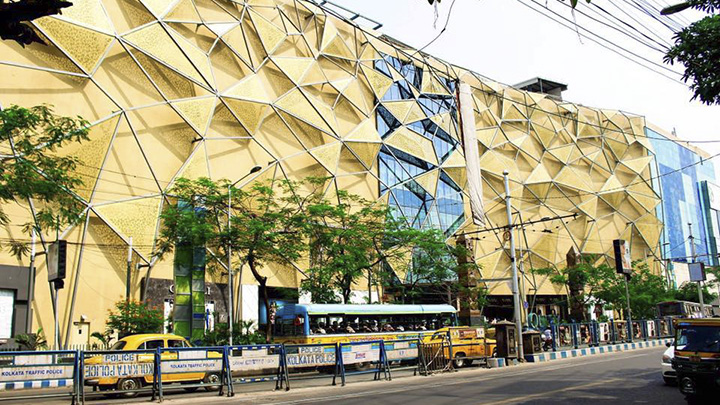The nationwide lockdown has been extended till June 30, but malls and restaurants can reopen from June 8 except in containment zones, or areas sealed because of a large number of virus cases, the Centre announced on Saturday evening.
All activities which were prohibited earlier will be opened up in phases in areas which are not declared containment zones. These include religious places, hotels and restaurants. A standard operating procedure (SOP) will be prescribed by the health ministry later.
In phase I of Lockdown 5.0, the Centre will allow opening of religious places, shopping malls, hotels, restaurants and other hospitality services from June 8.
In phase II, schools, colleges, coaching and educational institutions are to reopen but only after consultations with states and Union territories. “Based on the feedback, a decision on the re-opening of these institutions will be taken in the month of July, 2020,” the order said.
Phase III will probably see a restart of certain activities and services, but only after proper assessment of the situation. These include cinema halls, gyms, swimming pools, entertainment parks, theatres, bars and assembly halls.
Metro rail services will also remain suspended until further notice.
Decisions to allow functions and large gatherings including social, political, sports, entertainment, academic or cultural will also be taken later in phase III.
Inter-state movement allowed
The MHA has decided to allow unrestricted interstate or intrastate movement of persons and goods without seeking prior permission or e-permit. A curfew, however, will be imposed between 9pm to 5am throughout the country except for essential services.
Movement of passenger trains, Shramik Special trains, domestic air travel and evacuation will continue to be regulated as per the SOPs issued.
In containment zones, the lockdown will continue to be in force till June 30. Like before, these zones will be created by district authorities as per health ministry guidelines. Only essential activities will be permitted within the perimeter of these zones.
“In the Containment Zones, there shall be intensive contact tracing, house-to-house surveillance, and other clinical interventions, as required,” the order said. In addition, states and Union Territories will be allowed to create buffer zones where new cases are more likely to occur.
Arogya app
Employers have been asked to ensure that the Union government’s surveillance app Aarogya Setu is installed by all employees while district authorities have been told to advise individuals to do the same.
Similar to earlier orders, people older than 65 years, children below 10 years, pregnant women and individuals with comorbidities have been advised to stay at home.
CMs favoured extension
Most chief ministers had indicated that they were in favour of extending the nationwide lockdown, but with calibrated relaxations to allow economic activity.
As of 8am on Saturday, India registering a record single day spike of 265 deaths and 7,964 cases, according to the Union health ministry.
The number of Covid-19 cases climbed to 1,73,763 in India, among the nine worst-hit nations of the world. India’s death toll was 4,971, while the number of active cases stood at 86,422.
Modi-Shah meet
On Friday, Union home minister Amit Shah met Prime Minister Narendra Modi to discuss suggestions he had received from chief ministers. Cabinet secretary Rajeev Gauba has also conducted a meeting chief secretaries and municipal commissioners of 13 hotspot cities with a high number of Covid-19 cases.
The nationwide lockdown began on March 25 and has so far seen four extensions.
The four states that account for the maximum number of Covid-19 cases are Maharashtra, Tamil Nadu, Delhi and Gujarat. In the east, West Bengal is the worst impacted state. These states account for more than half the hotspot cities, namely, Mumbai, Chennai, New Delhi, Ahmedabad, Thane, Pune, Calcutta and Howrah.











